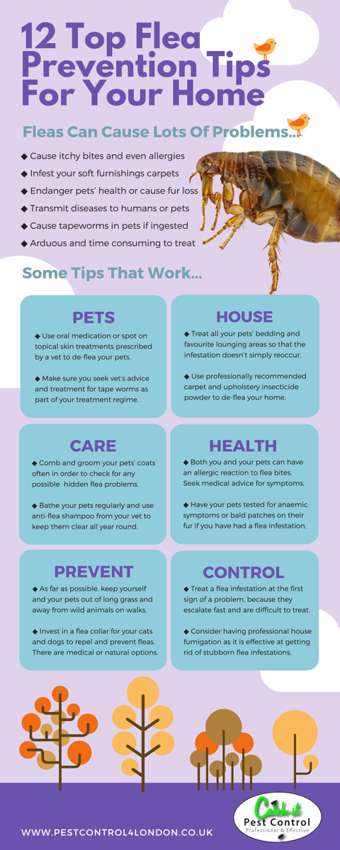Pest-Proofing Your Garden: Tips For Keeping Exterior Parasites At Bay
Pest-Proofing Your Garden: Tips For Keeping Exterior Parasites At Bay
Blog Article
Content By-Shaffer Hartvig
Envision your garden as a shelter, a location of harmony and appeal. However, the existence of outdoor bugs can promptly disrupt this ideal picture. Suppose there were straightforward yet efficient methods to maintain these unwelcome visitors away and safeguard your garden sanctuary? By complying with a few practical tips and executing natural approaches, you can produce a harmonious exterior room where your plants can grow undisturbed.
Natural Parasite Deterrents
To keep pests away from your garden normally, plant aromatic herbs like mint and lavender. These aromatic plants not just include charm to your garden however also serve as effective parasite deterrents. Insects like insects, flies, and also some garden-damaging pests are warded off by the solid scents emitted by these herbs. Merely placing them tactically around your yard can assist develop an all-natural barrier against undesirable pests.
Along with mint and lavender, consider growing various other natural herbs like rosemary, basil, and lemongrass to even more enhance your yard's pest-proofing capacities. These herbs not just act as all-natural repellents yet additionally have the added advantage of being useful in food preparation or crafting self-made solutions.
Strategic Plant Positioning
Consider the design of your garden and the sorts of plants you have to strategically position them for optimum pest-proofing efficiency.
Beginning by organizing plants with comparable resistance to bugs together. By doing relevant web site , you can create an all-natural obstacle that prevents insects from spreading out throughout your yard.
In addition, putting pest-repelling plants like marigolds, lavender, or mint near even more susceptible plants can assist shield them. Tall plants, such as sunflowers or corn, can work as a guard for shorter plants versus pests like bunnies or ground-dwelling bugs.
Remember to leave enough room between plants to boost air blood circulation and decrease the danger of illness that pests may carry.
Moreover, think about growing strong-smelling herbs like rosemary or basil near at risk plants to puzzle bugs' senses and make it harder for them to locate their targets.
Efficient Bug Control Techniques
For combating yard bugs effectively, carrying out a multi-faceted parasite control strategy is essential. Start by urging https://how-to-remove-raccoons-fr51738.blog-kids.com/26743511/recognizing-normal-indicators-of-termite-visibility-in-your-residence-an-in-depth-handbook -natural killers like birds, ladybugs, and praying mantises to help keep parasite populations in check. Presenting plants that bring in these advantageous pests can assist in pest control. Furthermore, exercising good garden health by removing particles and weeds where pests might hide can make your garden much less friendly to undesirable site visitors.
Think about using physical barriers such as row cover materials or netting to secure at risk plants from bugs like caterpillars and birds. Using organic pesticides like neem oil or insecticidal soap can likewise be effective against certain parasites while being much less dangerous to helpful bugs and the atmosphere. It's essential to turn your crops each season to prevent the buildup of pest populations that target specific plants.
Consistently check your plants for signs of parasite damages so you can take action promptly. By integrating these techniques and remaining alert, you can properly manage yard insects and delight in a growing, pest-free garden.
Conclusion
So, there you have it - with the right approaches, you can maintain pesky outdoor bugs far from your garden and help your plants flourish.
Did you understand that growing mint has been revealed to fend off mosquitoes and other insects, decreasing the need for hazardous pesticides by up to 60%?
By integrating natural deterrents and smart planting strategies, you can create a stunning and pest-resistant yard sanctuary for you to take pleasure in.
